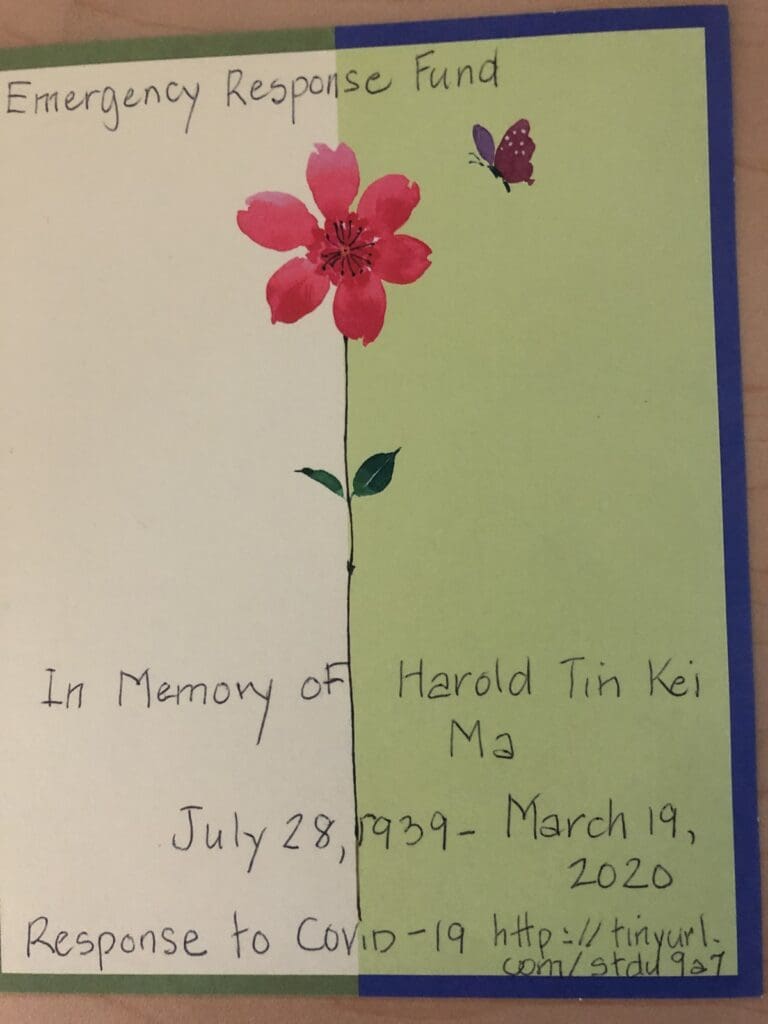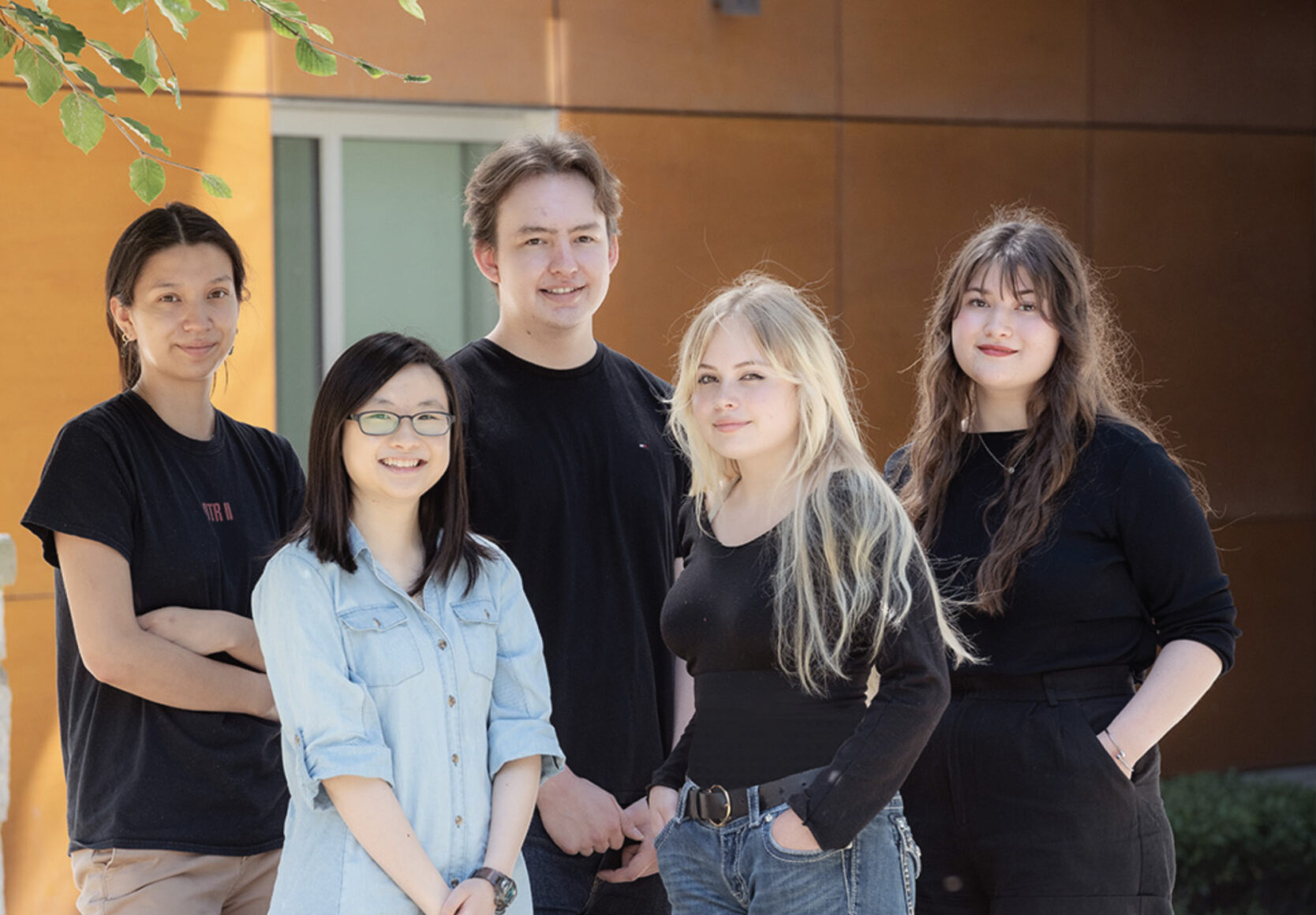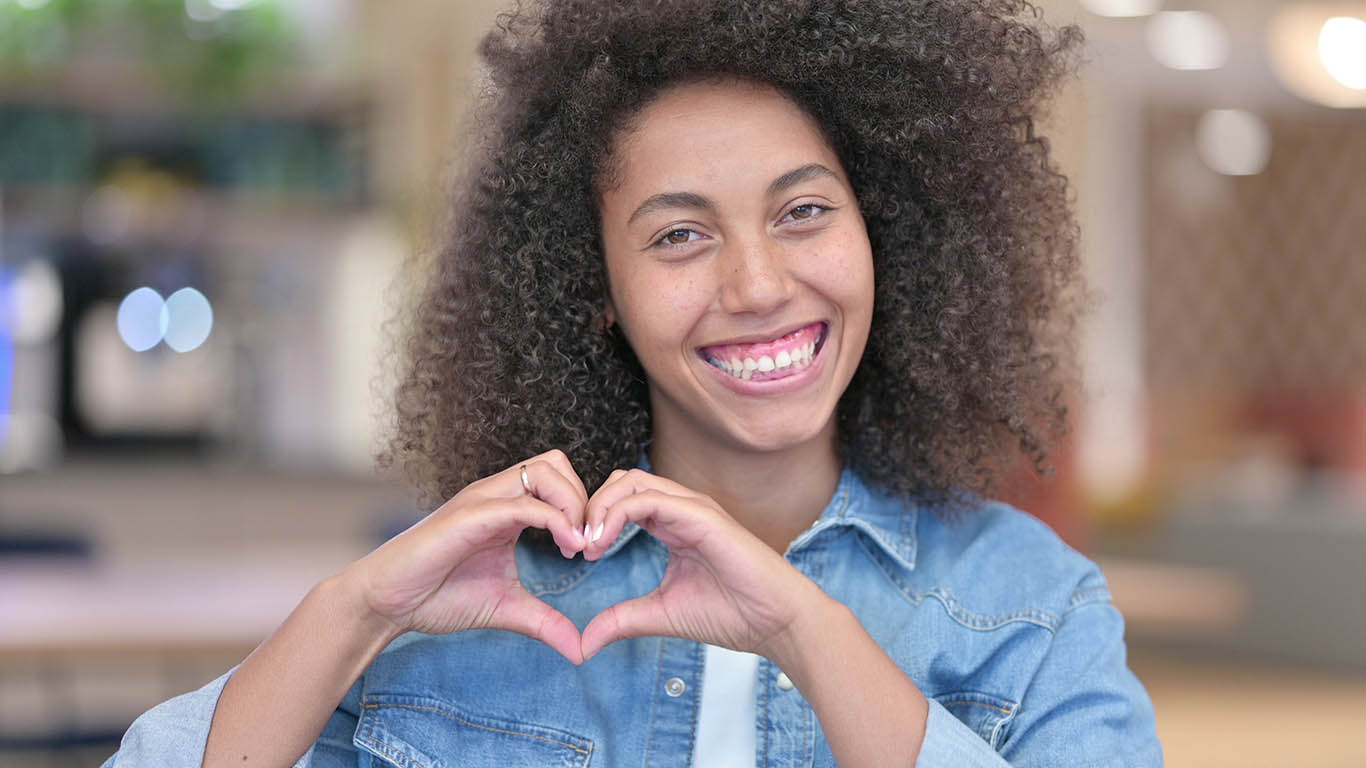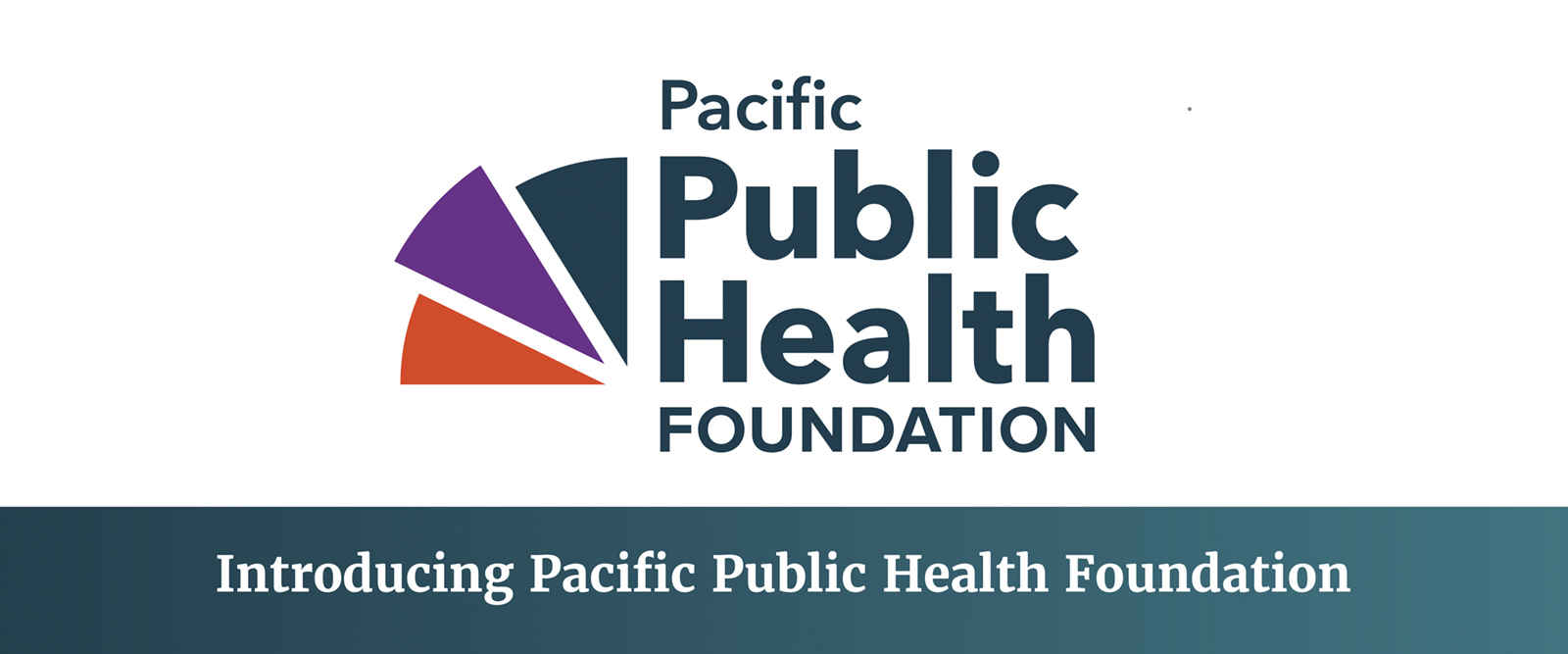Personal reflections by Kristy Kerr, BSc, MPH-HP,
Executive Director, BCCDC Foundation
As the lead of a public health charity, and one that is partnered with the provincial government agency responsible for responding to emerging threats, I suddenly find myself in a very new situation. If I’m being totally honest, it’s almost surreal.
My background in science and public health positioned me well to take on the leadership role of the BCCDC Foundation years ago. And it’s positioning me well to be at the center of the COVID-19 response. But that doesn’t mean it isn’t hard.
COVID-19 is like nothing I’ve ever experienced. It’s uncertain, unpredictable, rapidly evolving, and getting through this requires that we all work together and do some really difficult things that go against our natural human instincts.
This is tough. We’re all feeling it. Many of us are feeling helpless, scared, and frustrated. For our loved ones, our society, ourselves, and all those out there we can’t directly help. We feel a lack of control.
But it’s okay and natural to have these feelings. What I try to remind myself of is that we need to be gentle with ourselves. It’s okay to feel things you may not normally feel. It’s okay to be more stressed or anxious. It’s okay to be scared. Sometimes we need to turn off the news. It’s also okay to take a break from all the information flooding at us 24/7. And in those moments we need to turn to the good news stories.
1/2 I am heartened to learn about all of the ways in which Canadians are coming together to support their neighbours through the #COVID19 pandemic. #DoYourPart #CareMongering
— Dr. Theresa Tam (@CPHO_Canada) March 27, 2020
When I first heard about ‘caremongering’, I felt moved. What a creative and incredible concept. Beginning as a Facebook group in Toronto, caremongering has evolved into a Canada-wide movement of support for others. Seeing the various ways people are interpreting this to help each other is uplifting and motivating. From volunteers shopping for those who are unable to go out, to a letter writing campaign for those in long-term care who can’t have visitors, to breweries making hand sanitizer, people are finding their own unique ways of giving back. At a time when each day feels heavy, witnessing the caremongering in our communities lifts off some of that weight. This is the Canada that is going to survive and thrive.
I’ve known Dr Bonnie Henry since I started my career in public health. And I’ve looked up to her since the day we met and I first heard some of her stories. When a twitter fan club dedicated to Dr Henry was created, I felt a deep sense of pride that I have the privilege to know her personally and professionally, and I look up to her more and more every day. I named her my public health superhero when speaking at an event last year. At that time I couldn’t have predicted how much more she could possibly fill that role. But each day her authenticity, wisdom, and compassion fuels this even more. Dr Henry is a superhero.
We received a donation from a supporter named Duncan, with this note attached. Duncan, your message made our day!
— BCCDC Foundation (@BCCDCFoundation) March 17, 2020
In a time of real uncertainty, we definitely needed that. Thanks for donating in honour of one of our public health superheroes, @DrBonnieHenry!@bonniehenryfans pic.twitter.com/g27Lqg50ku
When we received an $11 donation from an 11-year-old to help doctors take care of their grandparents, I was unbelievably touched. This young soul took my heart with this selfless and special gesture. Here are their words:
“I am 11 years old, and I am concerned about covid19. I have decided to donate my allowance because a family member has covid19, and I want to support my grandparents, just in case.”
A couple of weeks ago I opened an innocent piece of mail. Little did I know that it contained a beautiful handwritten card and a cheque. “In memoriam” was written along with a name, and tears fell from my eyes. That card will be kept in our office as a reminder of the impact of this global pandemic and the humanness of our individual experiences and stories.

A number of weeks ago I wondered why my neighbourhood was quiet at 7pm. We should be loud. So I got out a pot lid and a spoon, went on my balcony, and proceeded to make a lot of noise. And out came several neighbours. Within a few days, everyone was out at 7pm clapping, banging pots, someone added a bongo drum, another is lighting firecrackers, and the sirens join in. Every day at 7pm this cheer, these few moments of noise and camaraderie, as I wave at neighbours I’ve never even seen before, offers shared understanding, a sense of community, and a feeling of solidarity.
It’s these moments of collective experience that remind me we are not alone. We are truly connected to our neighbours next door and our neighbours across the globe. Together, apart.
Yes, I’m emotional. I think we all are, and I think it’s okay to talk about it. Because this is bringing people together in ways we’ve never witnessed. For me, I’m seeing humanity, resilience, kindness, and spirit, and it’s reminding me why I went into public health.
And here’s my big hope: when we get through COVID-19, we will all remember what it felt like to support each other, to take individual actions and make individual choices to protect the collective good, and we will keep it going. We will apply this to our broader concept of health, how we resource our health and our healthcare systems, and how we live in and respect the world and people around us. Because small things we can all do can make a huge impact. It’s that simple.
You keep hearing us talk about how to Activate Health. Well this is it, friends. Individual actions can have a population-level impact. We can each play a role in keeping our populations safe. Maybe you’ve understood it in relation to the environment and climate action. Or perhaps it’s not something you naturally think about every day. Until now.
So be patient, be compassionate, be strong, be aware, and be safe. And in the words of Dr Henry, be kind. This may be her best directive.



